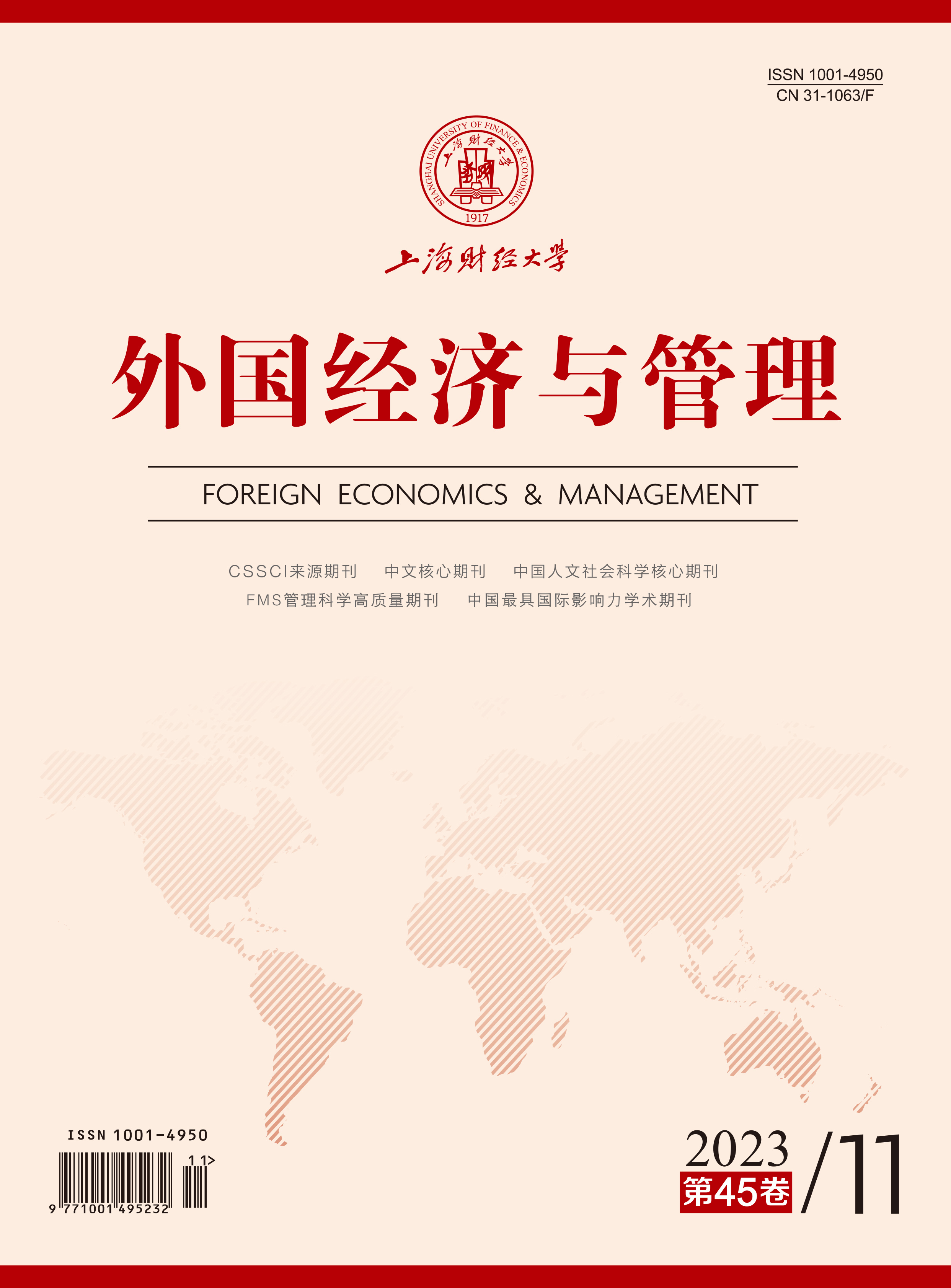The rapid development of FinTech has injected new vitality into green credit. The FinTech Development Plan (2022–2025) proposes to promote the deep integration of FinTech and green finance, and boost the innovative development of green financial services of commercial banks. Therefore, it is of great practical significance to study the influence and path of FinTech on green credit to promote the development of green finance and realize the low-carbon transformation of economy. However, the existing literature on the relationship between FinTech and green credit is still mainly theoretical analysis, without systematic empirical tests and mechanism exploration. Therefore, this paper attempts to explore whether and how FinTech can affect the development of green credit from the perspective of commercial banks, in order to form a beneficial complement to the existing theoretical research.
Theoretical analysis shows that FinTech can take advantage of digital technology to help financial institutions innovate financial products, optimize business processes, improve management modes, strengthen risk control, and help commercial banks improve operation efficiency and risk management level, thus enhancing their willingness and ability to carry out green credit. Meanwhile, complete regional data infrastructure and sufficient bank talent reserve are the material guarantee and intellectual support for FinTech to promote the development of green credit. In addition, the role of FinTech is different among macro policies and bank characteristics. When monetary policy uncertainty is higher, regional financial regulatory policies are weaker, the type of bank is regional, and the competitiveness of the banking industry is weak, the impact of FinTech on the green credit scale of commercial banks is more significant. On the basis of theoretical analysis, this paper takes 36 Chinese commercial banks from 2012 to 2020 as samples, uses the text analysis method to construct indicators of the development level of FinTech according to their publicly disclosed annual reports, and supports the theoretical assumptions through empirical tests.
Based on the data of commercial banks, this paper identifies and tests the mechanism of FinTech to promote the development of green credit business, clarifies the role of FinTech in promoting the operation efficiency and risk management level of commercial banks, and enriches the relevant research on the economic consequences of FinTech and the influencing factors of green credit. Besides, this paper also finds that regional data infrastructure and bank talent reserve are important factors affecting the development of green credit in commercial banks promoted by FinTech. The findings have important policy implications for the government to strengthen the construction of digital infrastructure, accelerate the cultivation of high-quality and compound talents in green financial technology, and promote the real benefit of finance to green industry and economic development.





 3348
3348  5992
5992

